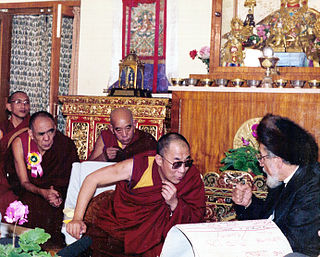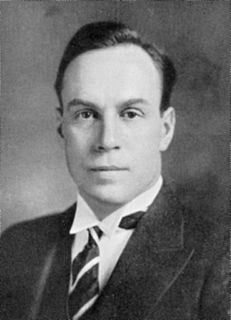A Quote by Rodger Kamenetz
Freud "interpreted" dreams by treating them as intellectual riddles whose details, once processed through free association, exposed hidden wishes.
Quote Topics
Related Quotes
He is not simply looking into the mirror because he is transfixed by what he sees. Rather, the artist’s success depends as much as anything on his powers of detachment, on de-narcissizing himself… Freud… studied his own dreams not because he was a “narcissist,” but because he was a student of dreams. And whose were at once the least and most accessible of dreams, if not his own?
The intellectual is not defined by professional group and type of occupation. Nor are good upbringing and a good family enough in themselves to produce an intellectual. An intellectual is a person whose interest in and preoccupation with the spiritual side of life are insistent and constant and not forced by external circumstances, even flying in the face of them. An intellectual is a person whose thought is nonimitative.
Mythologies were the earliest dreams of mankind, and in the psychotic delusions of his patients, Jung believed he was encountering those dreams again. Freud, too, believed that the psyche retained archaic vestiges, remnants of our earlier mental world. But for Freud these were a burden we were forced to repress. Jung instead would see them as a reservoir of vital energy, a source of meaning and power from which, through the over-development of our rational minds, modern mankind has become divorced.
There's a tendency at the senior and middle-manager level to be too big-picturish and too superficial. There is a phrase, "The devil is in the details." One can formulate brilliant global strategies whose executability is zero. It's only through familiarity with details - the capability of the individuals who have to execute, the marketplace, the timing - that a good strategy emerges. I like to work from details to big pictures.
We must make the building of a free society once more an intellectual adventure, a deed of courage. Unless we can make the philosophic foundations of a free society once more a living intellectual issue, and its implementation a task which challenges the ingenuity and imagination of our liveliest minds, the prospects of freedom are indeed dark. But if we can regain that belief in the power of ideas which was the mark of liberalism at its best, the battle is not lost.







































